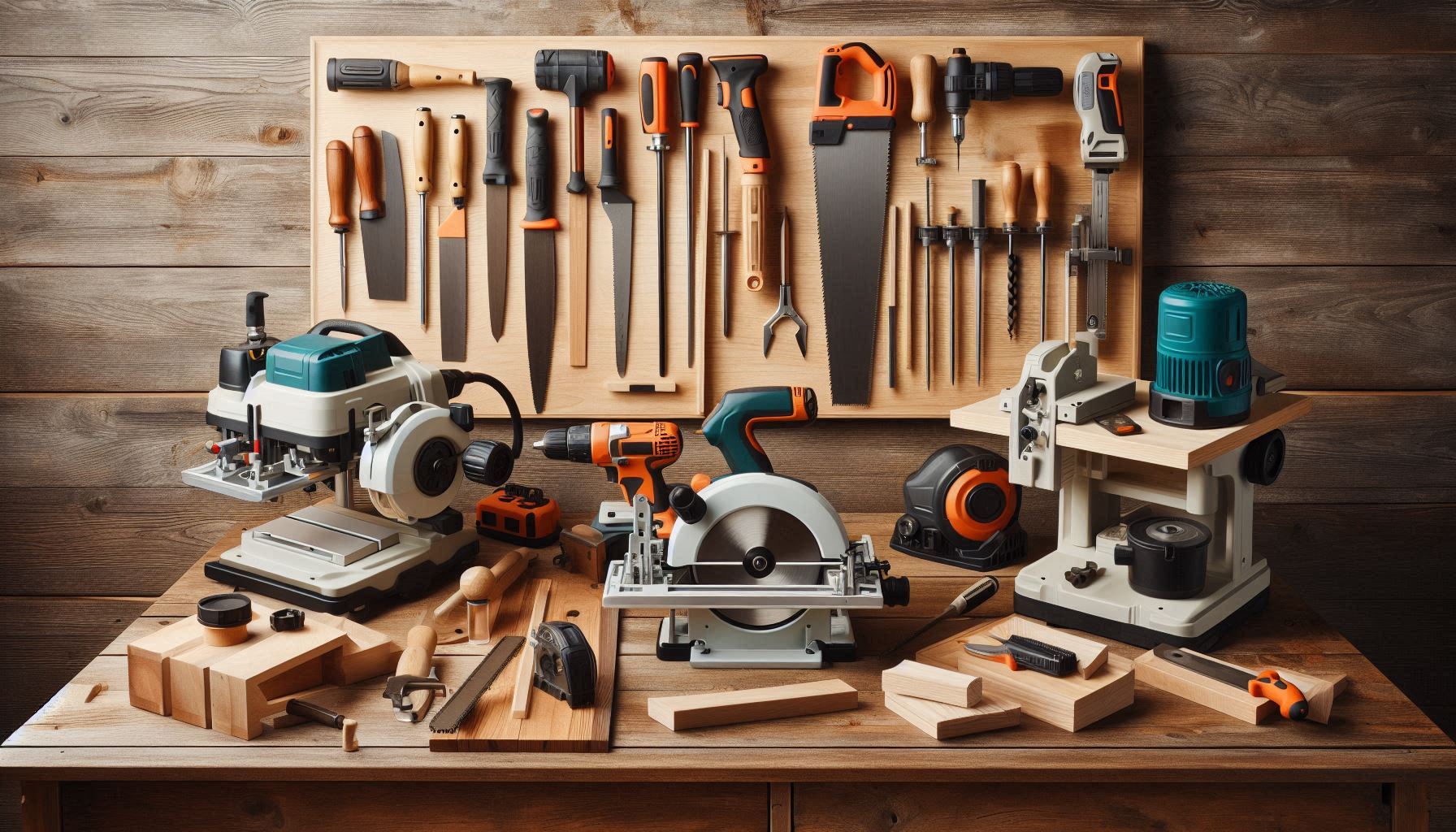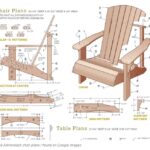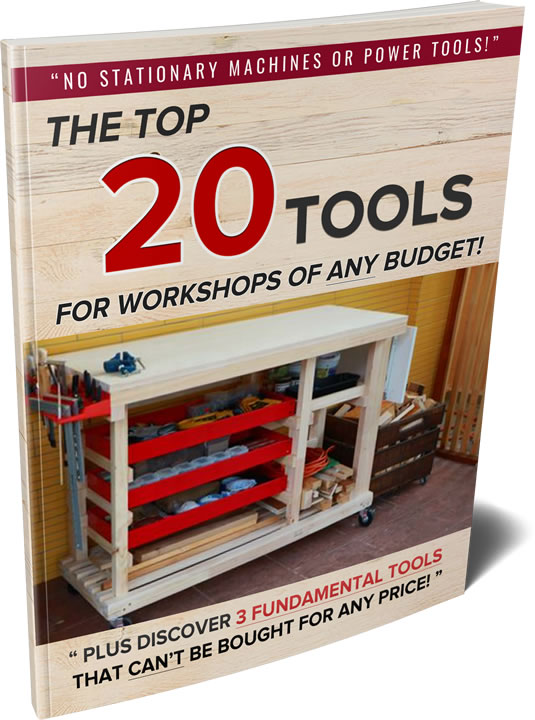
When kicking off your woodworking journey, having the right tools can make all the difference. Good tools not only enhance your craftsmanship but also ensure safety and efficiency. You don’t have to splurge on every tool out there, but knowing the essentials helps you get started on the right foot.
In woodworking, tools come in two flavors: basic and advanced. Basic tools are those you’ll need for straightforward tasks, while advanced tools offer more precision and are suitable for complex projects. Beginners can start with a few core tools and gradually expand their collection as their skills grow.
Safety can’t be stressed enough when talking tools. Investing in protective gear like goggles, gloves, and ear protection is equally as important as the tools themselves. It’s way easier to prevent accidents than to deal with them later.
When it comes to brands, there’s genuine value in investing in reliable ones. High-quality brands not only offer durability but also come with features that enhance usability and precision. Think about brands that get loyal mentions from fellow woodworkers. Getting their insights can help you make informed decisions.
Hand Tools Every Woodworker Should Own
A solid set of hand tools forms the backbone of any good workshop. These tools are versatile, don’t need any power, and offer a tactile experience that’s hard to beat. Here are the essentials to get you going:
First up, saws. Handsaws, hacksaws, and coping saws are your go-to for cutting wood. A handsaw is perfect for straightforward cuts, while a coping saw works wonders on intricate shapes. Hacksaws? They’re great for cutting through tougher materials like metal.
Next, we’ve got chisels. Coupled with a good mallet, chisels let you carve out joints and clean out saw cuts with precision. Look for a set with different sizes to tackle various tasks.
Maintenance is another thing you can’t overlook. Sharp tools are safe tools. Keep your saws and chisels sharp, and make sure handles are securely attached. Regular oiling can prevent rust and maintain tool life. Investing a bit of time here saves headaches down the road.
Storage matters too. Proper storage prevents damage and keeps your workshop organized. A well-placed pegboard or toolbox can make it easy to grab what you need without rummaging around.
Power Tools for Enhanced Efficiency
Adding power tools to your setup can vastly improve efficiency and expand your project possibilities. These tools save a ton of manual effort and speed up your workflow.
First on the list is the trusty drill. Whether you’re making holes or driving screws, a power drill is a must-have. Opt for one with variable speed settings and a comfortable grip for better control.
Next, consider a circular saw. Great for making quick, straight cuts, and it’s versatile enough to handle different types of materials. For added portability, think about a cordless model.
A jigsaw adds more flexibility, especially when dealing with curved or intricate cuts. Look for features like adjustable speeds and easy blade changes.
Safety reigns supreme with power tools. Always follow the user manual and make sure you’re wearing protective gear. Using clamps to secure your workpiece also prevents mishaps.
When it comes to features, pay attention to things like battery life for cordless tools, motor power, and any additional attachments that can come in handy.
Lastly, deciding between corded and cordless tools can be tricky. Corded tools offer consistent power, while cordless ones offer greater mobility. Weigh the pros and cons based on your specific needs.
Accessories and Measuring Tools
Precision is the name of the game in woodworking. Without accurate measurements, even the best tools can’t save your project from going sideways. So let’s dive into a few must-have measuring tools.
Start with a reliable tape measure. It’s a staple in any workshop, ideal for both large projects and small details. Pair this with a set of calipers for ultra-fine measurements, getting everything down to the tiniest fraction.
Squares are next on the list. A combination square is incredibly versatile, helping you mark perfect 90-degree angles or check the squareness of corners. Speed squares also add convenience for cutting and marking angles.
Beyond measuring, woodworking accessories like clamps can make your life so much easier. Clamps free up your hands by holding materials in place, making precise cuts or joins simpler and safer.
Sanders are another accessory that can polish your projects to perfection. Opt for an electric sander to save time and get a smoother finish compared to manual sanding. Various grits of sandpaper can help you achieve different finishes.
Organizing your workspace is the final piece of the puzzle. An orderly workbench with designated spots for each tool saves time and reduces frustration. Use pegboards, tool racks, or drawers to keep everything in its place, making your workflow smooth and efficient.



